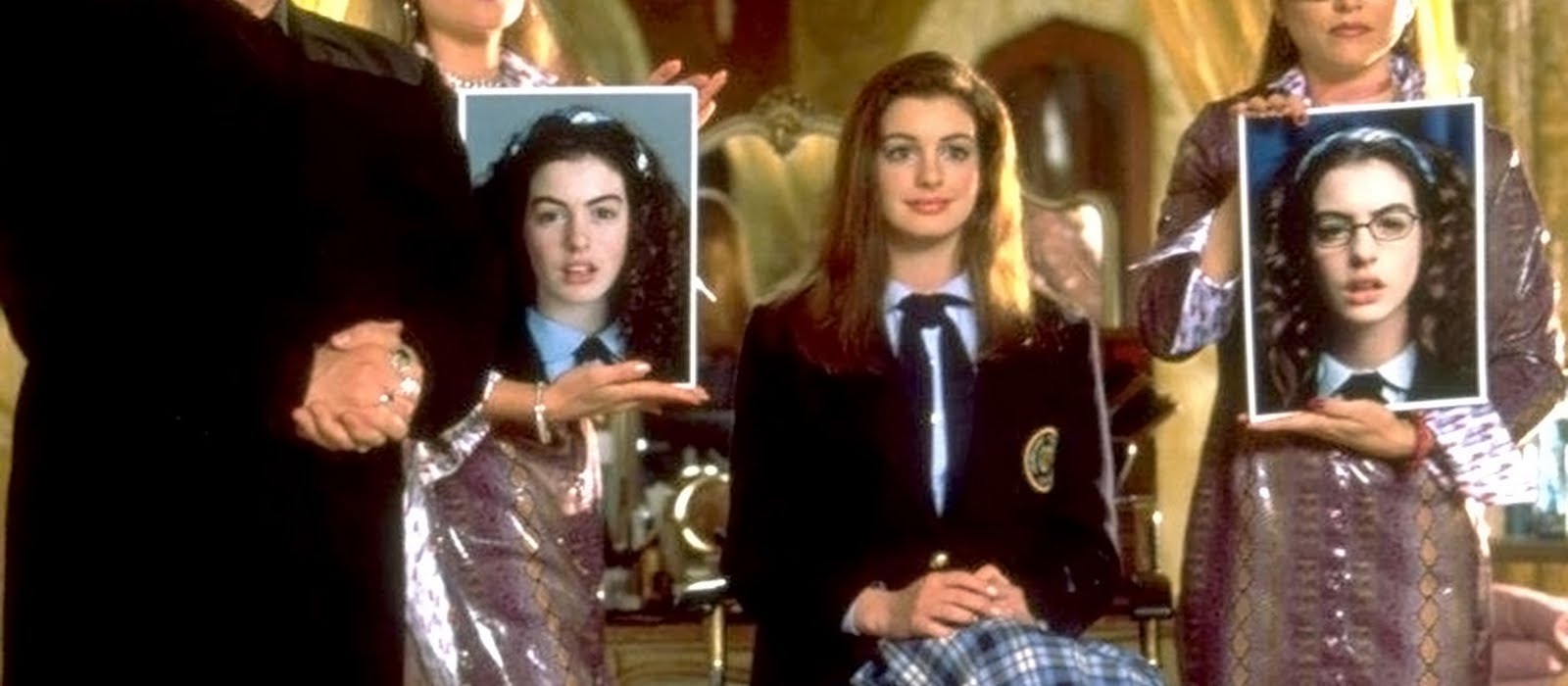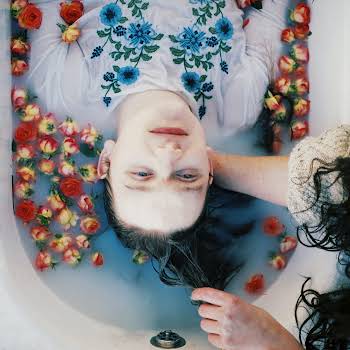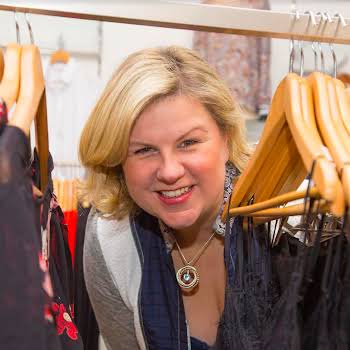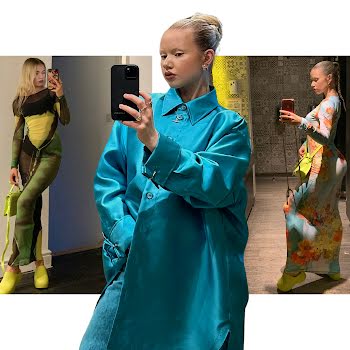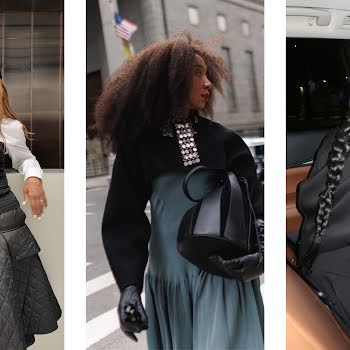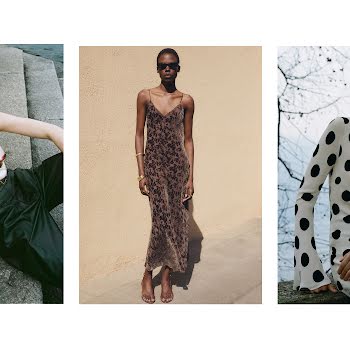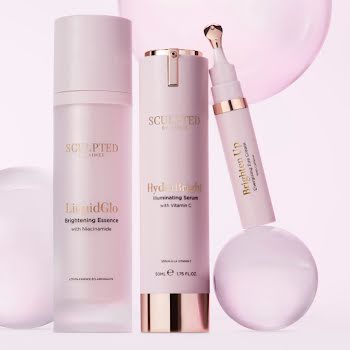
Let's stop the narrative that success is simply about looking good, begs Amanda Cassidy.
Let me preface this by saying that I grew up watching The Swan. I clapped the loudest at the revenge makeovers. And I respond to before and after side-by-side pictures when it comes to exercise. (As long as they are being used in a way that’s motivational).
But what I’m not here for, is the language used around these ‘incredible transformations’ from ordinary people into extraordinary people, thanks to the miracle of foundation or a cashmere polo.
I’m talking specifically about the recent afternoon makeover show where everyone gasped when the woman came out all dolled up with a new haircut and guna.
First of all, they are just pictures taken at different times.
And secondly, that one picture is your ‘before’ and one picture is your ‘after’ suggests that there is something inherently wrong with the first. As in, before you were frumpy and pale but after you became glamorous and edgy. Or before you looked old but after you’ve suddenly become young (read, desirable).
Message
Or perhaps, before you were dowdy, but unhappy yet after, even though it’s just hair and make-up, you’re MUCH happier. The issue is the language we use to describe these types of things. And it says a lot about our mentality and approach to body image.
In each of these situations, it is implied that ‘before’ something wasn’t adequate and ‘after’ it was.
While this may be ok for a house declutter (Home Edit addict here!) it isn’t ok when we’re speaking about our appearance. And yes, I understand it may be something as simple as a confidence boost having a professional make-up artist or hair stylist pull an Edward Scissorhands on your bedraggled locks, but let’s not over-egg the message we are sending here. Because everyone knows that the after isn’t permanent (unless you are a contestant on The Swan, but that’s another article).
The before and after makeover categories can be further damaging by sparking unhealthy comparisons to others. If you notice, most of the shows I’ve watched set the scene by filming close-ups of the person’s ‘before’. This is deliberately done with bad lighting and an emphasis on them looking utterly unempowered and miserable. Then, low and behold, and usually fuelled by the power of certain brands, they are trussed up in clothes they’ll probably never feel ‘themselves’ in and caked in stage make-up while we all press our hands together in glee. Granted not all are like this, and that’s important to say, but a lot are.
Self-worth
Because the whole point of the before-and-after comparison is to say that the after version is better, those chosen for the transformation likely end up feeling less-than, or as if they need fixing.
In other words, they almost always have a connotation that a person’s appearance in one of the scenarios was in some way undesirable.
While I love a good make-over for a wedding or event, there’s nobody (but myself perhaps) shaking their head beforehand telling me how much they’d need to change in order for me to be ‘beautiful’.
And this is nothing new. We all already know that we live in a society obsessed with appearance.
Just because someone is smiling in an after photo doesn’t mean that they’re mentally healthy. In fact, it can be dangerous to assume that just someone has experienced positive life changes just because their appearance looks “better”.
OMG Stunning
Already when I scroll through social media, I almost shudder when I see pictures of achievements women I know have posted online, and inevitably every comment beneath is a variation of ‘stunning’ or ‘love the dress’ or fire emoji.
It’s always going to be dangerous to place our self-worth in something as unpredictable and transient as our physical looks.
So instead of emphasising these types of transformations, we should perhaps consider celebrating other things more. Like mental health wins, major life events, and accomplishments that sometimes have nothing to do with appearance.
The next time you come across a post where women are celebrating being awesome, you might refrain from only commenting on how pretty her dress is. Or at least (sigh) say something about the actual achievement first.
That’s why, how I see it, the ‘how it started’ versus ‘how it’s going’ comparisons are so much more empowering. It’s usually about someone reaching an exciting career goal or celebrating personal success, rather than finally wearing lipliner.
To summarise; I love make-up. I love feeling good about how I look. I feel more confident when I look good. But please let’s stop the narrative that the pinnacle of success is simply about looking good.











